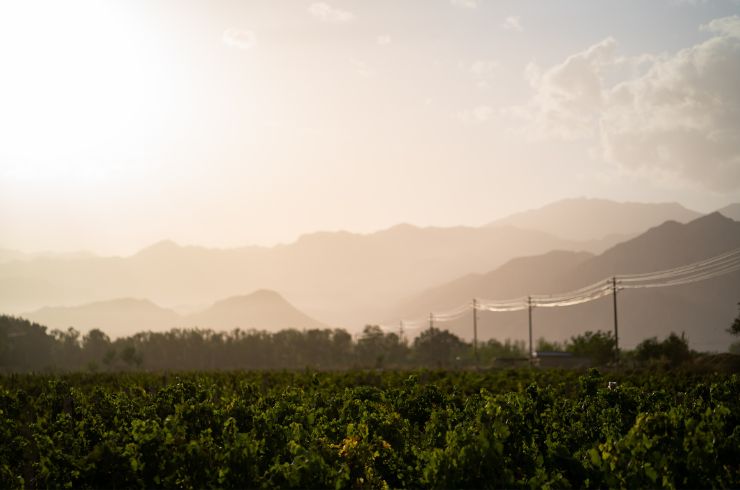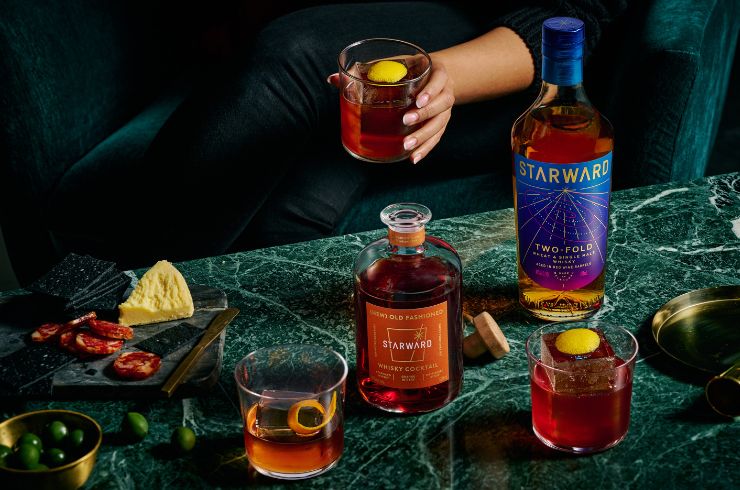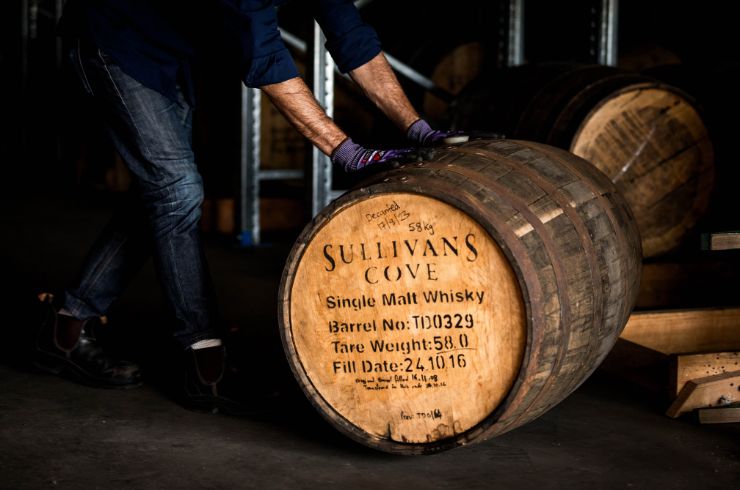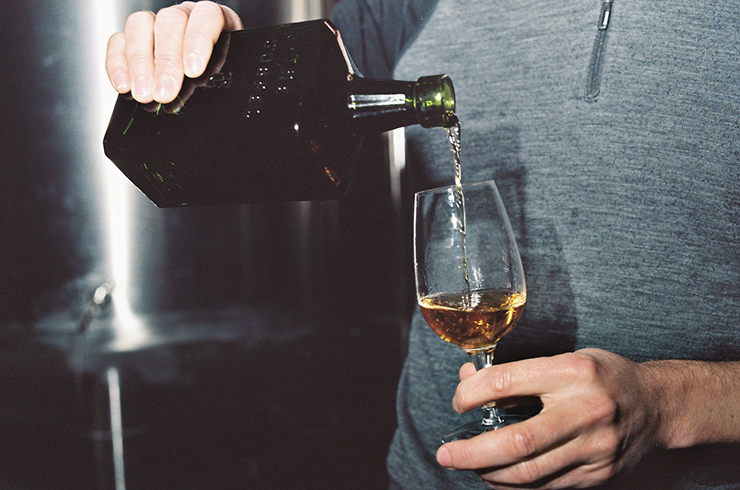Much like wine, whisky is a complex subject – particularly for the uninitiated.
Because even though its definition is simple – whisky is a spirit distilled from grain/s, water and yeast and matured in wooden barrels – there are different styles, categories, labelling regulations, and even spellings (whiskey is usually spelled with an 'e' in America and Ireland – and when made as per those country's styles – and without pretty much everywhere else), that come into play depending on the producer and country it’s made in.
Below, we explain the types of whisky most commonly produced or found in Australia, and a couple of terms you’re likely to see on a label.
To learn about these types in much more detail, visit our whisky hub.
Types
Single malt: Whisky produced at a single distilling facility from 100 per cent malted barley, and usually distilled on old-fashioned pot stills, although that’s not always the case in Australia.
Try: Morris of Rutherglen Single Malt Whisky
Rye whisky: Whisky produced predominantly from rye grain (may or may not also contain other grains).
Try: The Gospel Whiskey Straight Rye Whisky
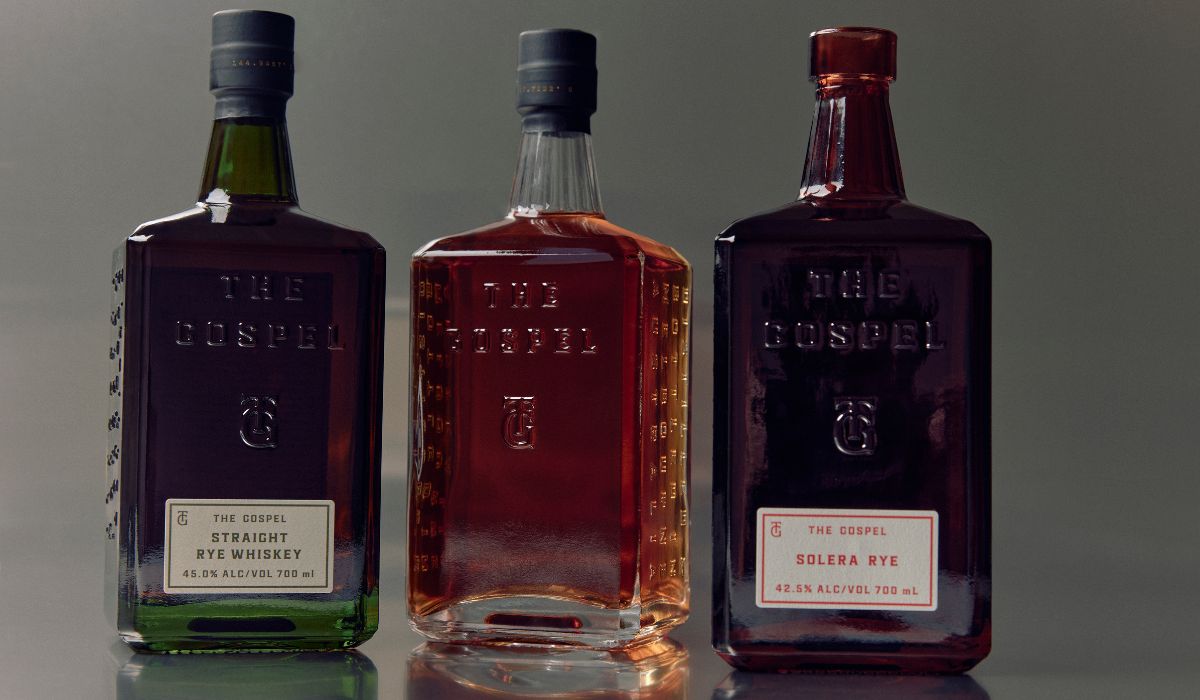
Blended malt: A blend of single malt whiskies from multiple distilleries.
Try: LARK Kurio Crimson Jam Tasmanian Blended Malt Whisky
Blended whisky: A single malt (may be more than one) blended with lighter, column-distilled whiskies made from any kind of grain (usually less-expensive grains like wheat, corn or unmalted barley). Blended whisky is generally lighter in character and less expensive than single malt.
Try: Starward Two-Fold Wheat & Single Malt Whisky
Bourbon-style: American-style whisky produced (predominantly) from corn and matured in new oak casks. Only in America can corn-based whiskies be called ‘bourbon’ – in Australia, as we have no local rules around this style, they may be referred to as ‘bourbon-style,’ ‘American-style,’ ‘corn whiskey,’ or simply, ‘whiskey’.
Try: Robbers Dog Sour Mash Moonshine
Irish-style: Also called ‘pure pot still’ or ‘single pot still’, Irish-style whiskeys are produced from a combination of malted and unmalted barley, and sometimes, oats. They usually have a lighter, grassier, more grain-forward palate than single malt.
Try: Hunter Island Tasmanian Pot Still Whisky
Single grain: Whisky that has been produced at a single distilling facility, but – unlike single malt – not from 100 per cent malted barley. Instead, grain whisky may be made from wheat, corn, unmalted barley, alternative grains such as quinoa, or any combination of the above, and is usually produced on column stills for a lighter style. In Scotland, this is the kind of whisky that is blended with single malt to make blended whisky, but, in Australia, it’s used as a bit of a catch-all term for anything that doesn’t fit into other categories. For that reason, you’re unlikely to see this term on the bottle, and most will simply be labeled as ‘Australian whisky’.
Try: 78 Degrees Australian Whiskey
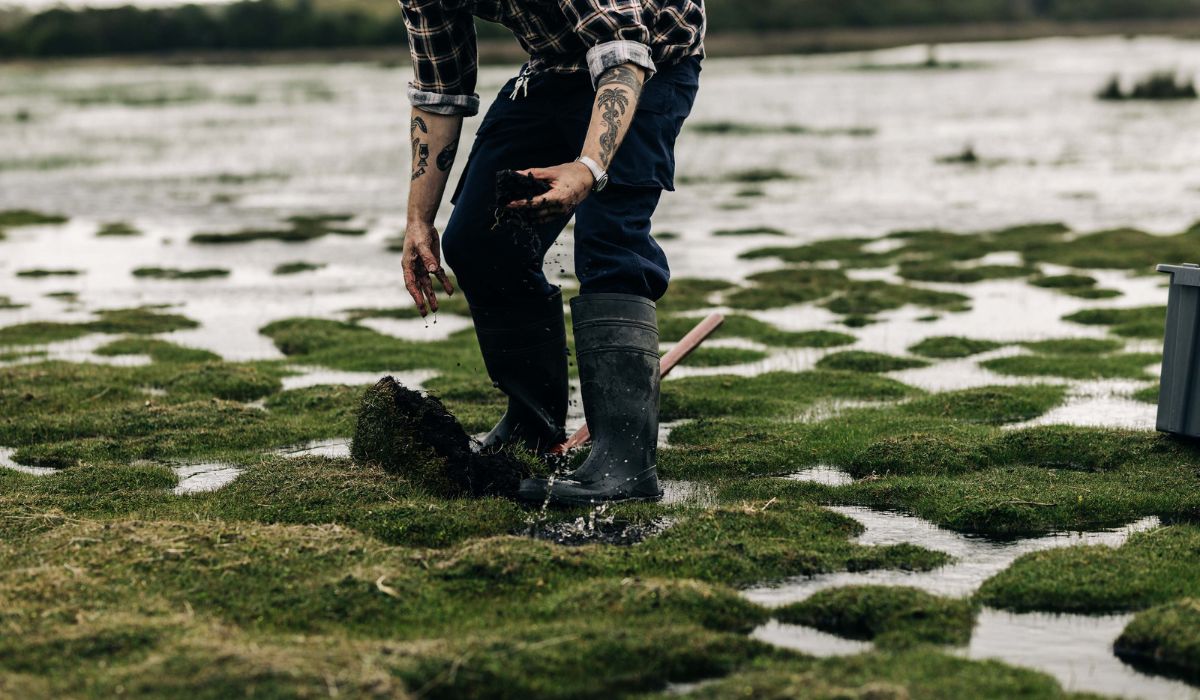
Try: Sullivans Cove Old & Rare Single Cask American Oak Single Malt Whisky
Ex-bourbon casks: Whisky that has been matured in American oak casks that were previously used to mature bourbon.
Try: Furneaux Distillery Smoky Wedding Peated Bourbon Cask Whisky
Age: Because whisky matures in the cask only, and is inert once bottled, a whisky's age is measured by the amount of time it spent in barrel. Like wine, age is a huge factor in the character of a whisky. Young whisky tends to be bright, demonstrative and sometimes a little volatile, while older whiskies tend to be less bombastic but more complex, textural and well-integrated.
Try: Hellyers Road Distillery Peated 7 Year Old Single Malt Whisky
Become a member to access all Halliday's wine and spirit reviews
Sign up to become a Halliday member and unlock a wealth of benefits, including:
- Brand new wine and spirit tasting notes delivered to your inbox weekly
- Digital access to our library of over 185,000 tasting notes from over 4000 wineries and distilleries
- Four issues of Halliday magazine delivered to your door per year
- Member-only articles and stories written by Australia's best wine writers
- Early access to Halliday events across Australia
- Discounted Halliday Wine Club subscriptions
- Free shipping on Halliday wine packs
- Member-exclusive offers from our winery, distillery and retail partners
And much, much more. Become a Halliday member today.
Latest Articles
-
News
Variety spotlight: Mencía
1 day ago -
Q&A with Halliday
Chris Ryan, senior wine buyer for Trader House, reveals his six most influential wines
14 Jul 2025 -
Wine Lists
The 50 best Australian wines for $20 and under
14 Jul 2025 -
From the tasting team
Shanteh Wale's unexpected pilgrimage to Ningxia, China
14 Jul 2025



